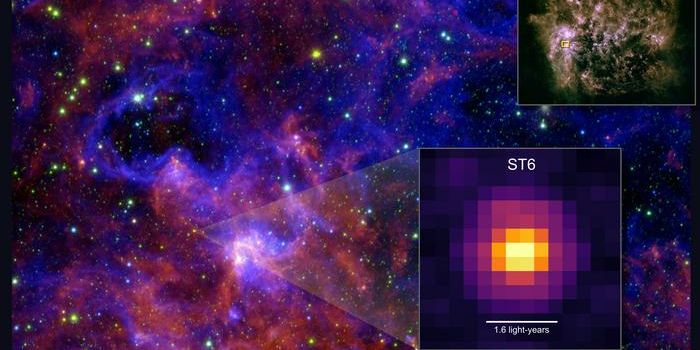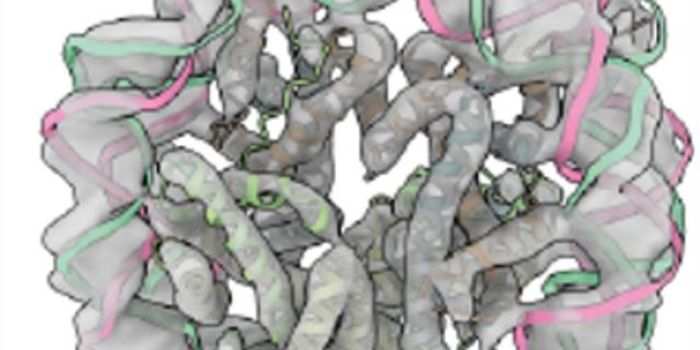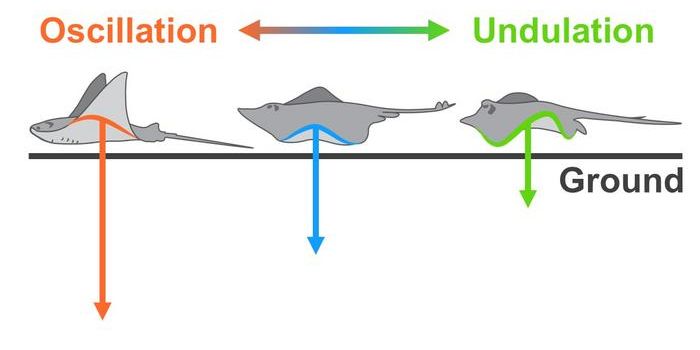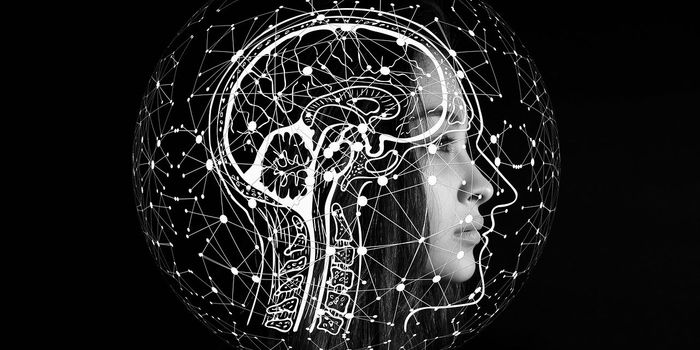Chemistry & Physics
Solar Power for Fuel Production
JAN 15, 2014 12:00 AM PST
Share
Better Memory Through Caffeine?
 For many of us, the morning cup of coffee or caffeinated soda is essential to starting our day. We may use it to wake up, to feel more alert and active, or just because the lack of caffeine makes us feel wretched. According to a recent study published in Nature Neuroscience, researchers at Johns Hopkins University have discovered another benefit to caffeine consumption-improvement in memory.
For many of us, the morning cup of coffee or caffeinated soda is essential to starting our day. We may use it to wake up, to feel more alert and active, or just because the lack of caffeine makes us feel wretched. According to a recent study published in Nature Neuroscience, researchers at Johns Hopkins University have discovered another benefit to caffeine consumption-improvement in memory. While caffeine has had many documented effects on the human body and has been shown to enhance cognitive function, the effect on memory has not been studied in great detail. The prevailing theory was that caffeine had limited, if any, effect on long-term memory. This study tested the effects of caffeine on long-term memory by using pattern separation, a method of testing deeper levels of recall.
Participants with a clean baseline (those who wouldn't normally consume caffeine in any form) were asked to look over a series of photographs. Five minutes later, the participants were given either a caffeine pill (200 mg dose) or a placebo. Caffeine levels were verified before taking the tablets, and levels were measured at the 1, 3, and 24 hours mark (post-ingestion).
The next day, participants were given more photos and asked to identify the ones they saw the day before. Some photos were repeated and some had not been displayed before. However, some of the new photos were very similar to the previous photos, with subtle, harder to distinguish differences.
The ability to distinguish between subtle differences in non-identical items is known as pattern separation, and it is indicative of a deeper, more strongly held memory. In the study, the number of people correctly identifying similar photos as similar (instead of exactly the same) was higher in the caffeine-consuming group compared to the non-caffeine control group. This implies a positive effect of caffeine on memory-at least for a little more than a day after consumption-and by testing the mechanism of pattern separation, it implies deeper retention and longer-term memory might be possible.
Having the participants consume caffeine immediately after viewing the photos, instead of beforehand, is a clear distinction from previous studies. By introducing the substance to be studied prior to the task, the research team believes they have minimized the likelihood of interference from other factors (naturally increased attention, improved focus just from the act of participating in a study, or other placebo factors). The mechanism between caffeine and improved memory is still unknown, and the research team plans to turn their attention to this issue in the future.
Remember, the participants in this study did not normally consume caffeine, so their baseline values were very low. If you already drink coffee, there's no reason to expect that drinking more coffee will improve your memory even further-and there are certainly detrimental effects in drinking too much coffee. But at least this study does seem to give us another reason to enjoy our morning cup of joe with a clear conscience, and perhaps a clearer mind.
You May Also Like
Loading Comments...








